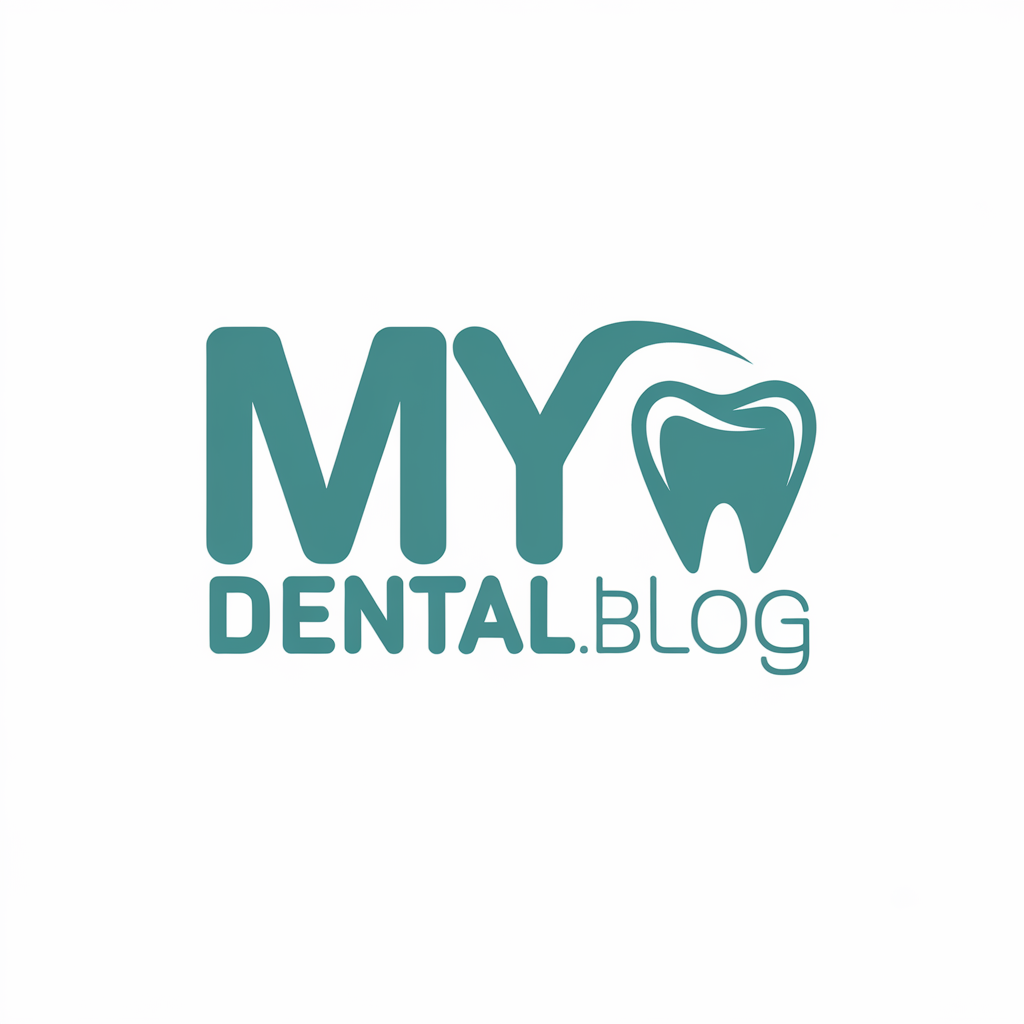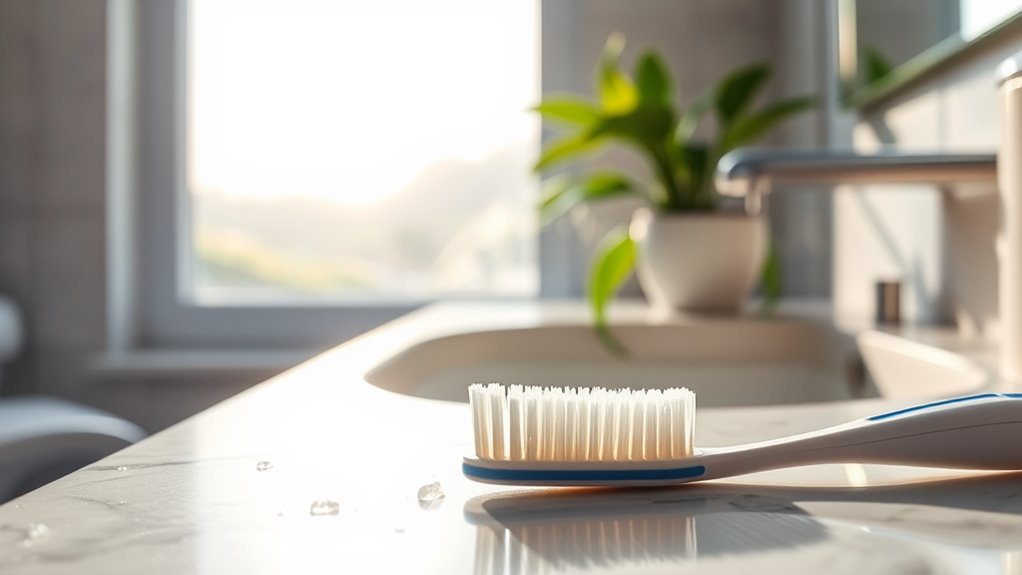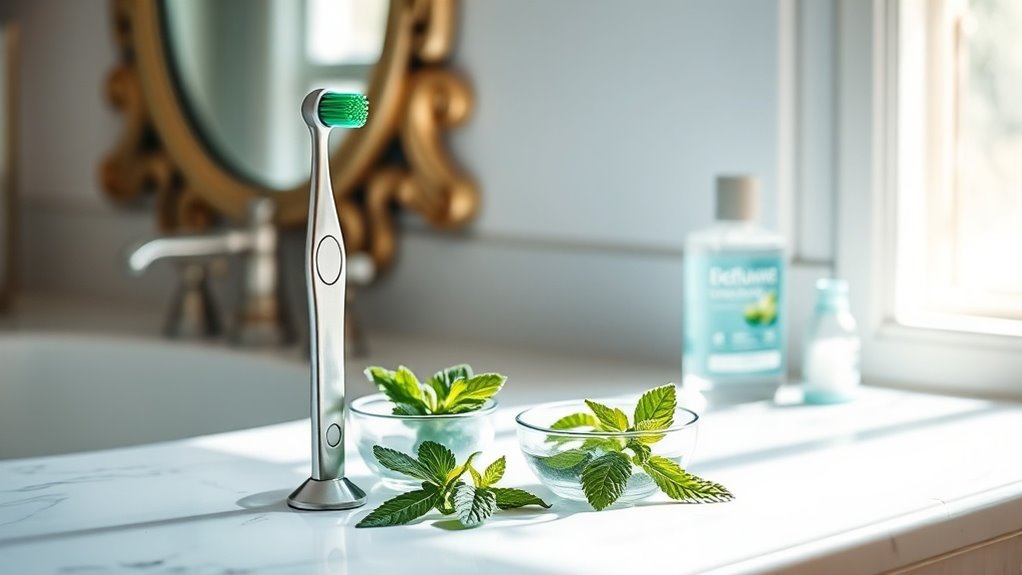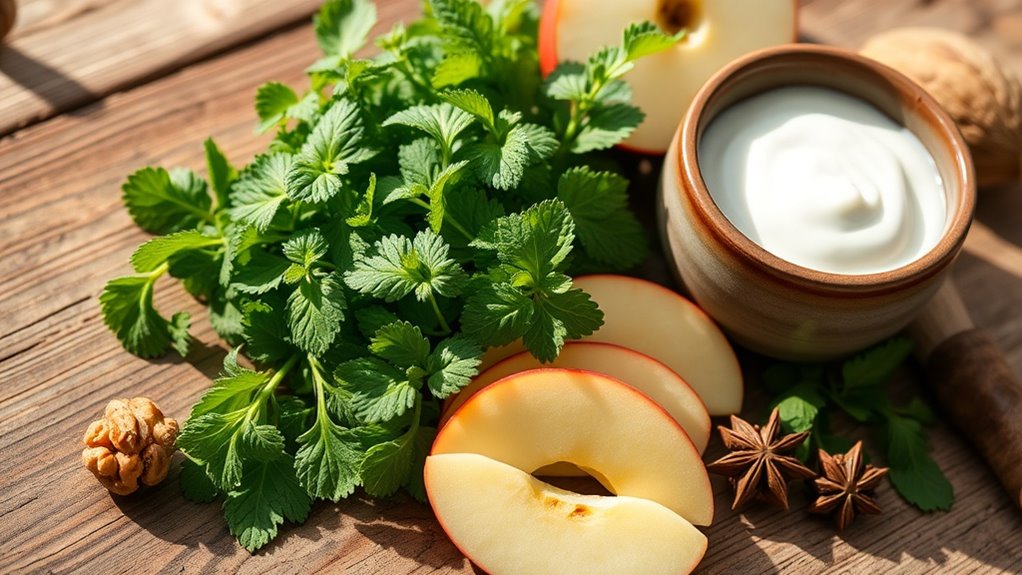The #1 Morning Mistake That’s Giving You Bad Breath!
Have you ever woken up with a less-than-fresh mouth? That morning breath might be more than just a minor inconvenience. It’s often caused by a common mistake you might not even realize you’re making. When you breathe through your mouth while sleeping, it can lead to a dry environment that fosters bacteria. Curious about how this happens and what you can do to fix it? Let’s explore the details.
Understanding Overnight Mouth-Breathing
When you breathe through your mouth at night, it can lead to dry air in your mouth, which creates the perfect environment for bacteria to thrive.
This overnight mouth-breathing is a common morning breath mistake that many people overlook.
You mightn’t realize it, but that dry feeling in your mouth when you wake up is a sign that bacteria have been working hard while you slept. Poor oral hygiene can exacerbate this issue, allowing more bacteria to flourish and contribute to foul odors.
The Impact of Dry Mouth on Breath Freshness
Although you mightn’t think much about it, dry mouth significantly affects breath freshness. When your mouth lacks moisture, it can’t wash away food particles and bacteria, leading to unpleasant odors. You may not realize that saliva plays a crucial role in keeping your breath fresh. It neutralizes acids and helps break down food, so when you wake up with a dry mouth, you’re setting yourself up for bad breath.
Imagine walking into a gathering, wanting to connect and chat with friends, only to feel self-conscious about your breath. You’re not alone—many people experience this. Poor oral hygiene can also contribute to worsening breath, making it essential to maintain a proper routine.
Staying hydrated and maintaining good oral hygiene can make a world of difference. Your breath can be a reflection of your overall health, and taking steps to combat dry mouth can help you feel more confident and connected.
After all, fresh breath is key to feeling good and building those important social bonds.
Tips to Prevent Mouth-Breathing While Sleeping
To keep your breath fresh and prevent mouth-breathing while you sleep, consider adjusting your sleep position and using some strategic tools. Here are a few tips to help you out:
-
Sleep on your side: This position encourages nasal breathing and reduces the chance of mouth-breathing.
-
Use a humidifier: Keeping the air moist can prevent dryness in your mouth and throat.
-
Try nasal strips: These can open your nasal passages, making it easier to breathe through your nose.
-
Stay away from allergens: Dust and pet dander can block your nasal passages, so keep your sleeping area clean.
-
Practice good oral hygiene: Brush and floss before bed to minimize bacteria that can contribute to bad breath. Additionally, regularly cleaning your tongue can help remove bacteria and food particles that cause unpleasant odors.
The Role of Hydration in Oral Health
Maintaining proper hydration is vital for your oral health, especially if you’re already working on preventing mouth-breathing at night. When you’re well-hydrated, your body produces enough saliva, which acts as your mouth’s natural defense against bad breath.
Saliva helps wash away food particles and neutralizes acids from bacteria, keeping your breath fresh. If you’re dehydrated, your mouth can become dry, promoting bacteria growth and leading to unpleasant odors.
So, make it a habit to drink water throughout the day and have a glass by your bedside at night. It’s an easy step that can make a big difference! Additionally, a healthy gut plays a crucial role in minimizing bad breath by influencing the balance of microorganisms in your mouth.
You can also enjoy hydrating foods like fruits and veggies. Not only will you feel more vibrant, but you’ll also support your oral health.
After all, being part of a community that values a healthy lifestyle starts with simple choices, like staying hydrated. Your mouth—and your friends—will thank you!
Maintaining Fresh Breath Throughout the Day
When you want to keep your breath fresh throughout the day, it’s essential to adopt a few simple habits.
By incorporating these practices into your routine, you can feel more confident and connected with those around you:
-
Stay Hydrated: Drink plenty of water to wash away food particles and bacteria.
-
Chew Sugar-Free Gum: This stimulates saliva production, which helps neutralize odors.
-
Snack Smart: Munch on crunchy fruits or veggies like apples and carrots to naturally clean your teeth.
-
Freshen Up After Meals: Rinse your mouth with water or mouthwash after eating.
-
Avoid Strong Odors: Limit foods like garlic and onions, which can linger on your breath.
-
Address Dry Mouth: Dry mouth can prevent effective washing away of food particles and bacteria, leading to persistent bad breath.





